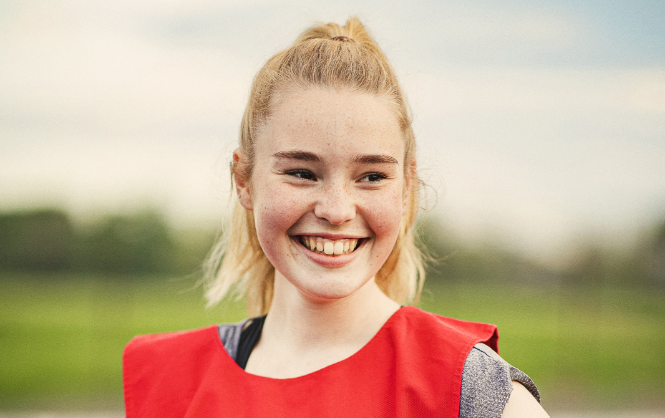Belong To is an escape for a few hours to a world that’s slightly more perfect and acceptable.
Daniel (he/him)

Support for Young People
Our support services for young LGBTQ+ people include an informal one-on-one chat service, professional counselling and a drug and alcohol support service.
Get HelpLGBTQ+ Youth Groups
Find an LGBTQ+ youth group close to home. Youth groups are welcoming place to meet other LGBTQ+ young people, share your experiences, hang out, chat and make friends.
Find a GroupSupport for Families
Whether someone in your family has come out as LGBTQ+, or you think your child may be LGBTQ+, we are here for you.
Family Support Service
We offer one-to-one support for families of LGBTQ+ young people all over Ireland.
Learn More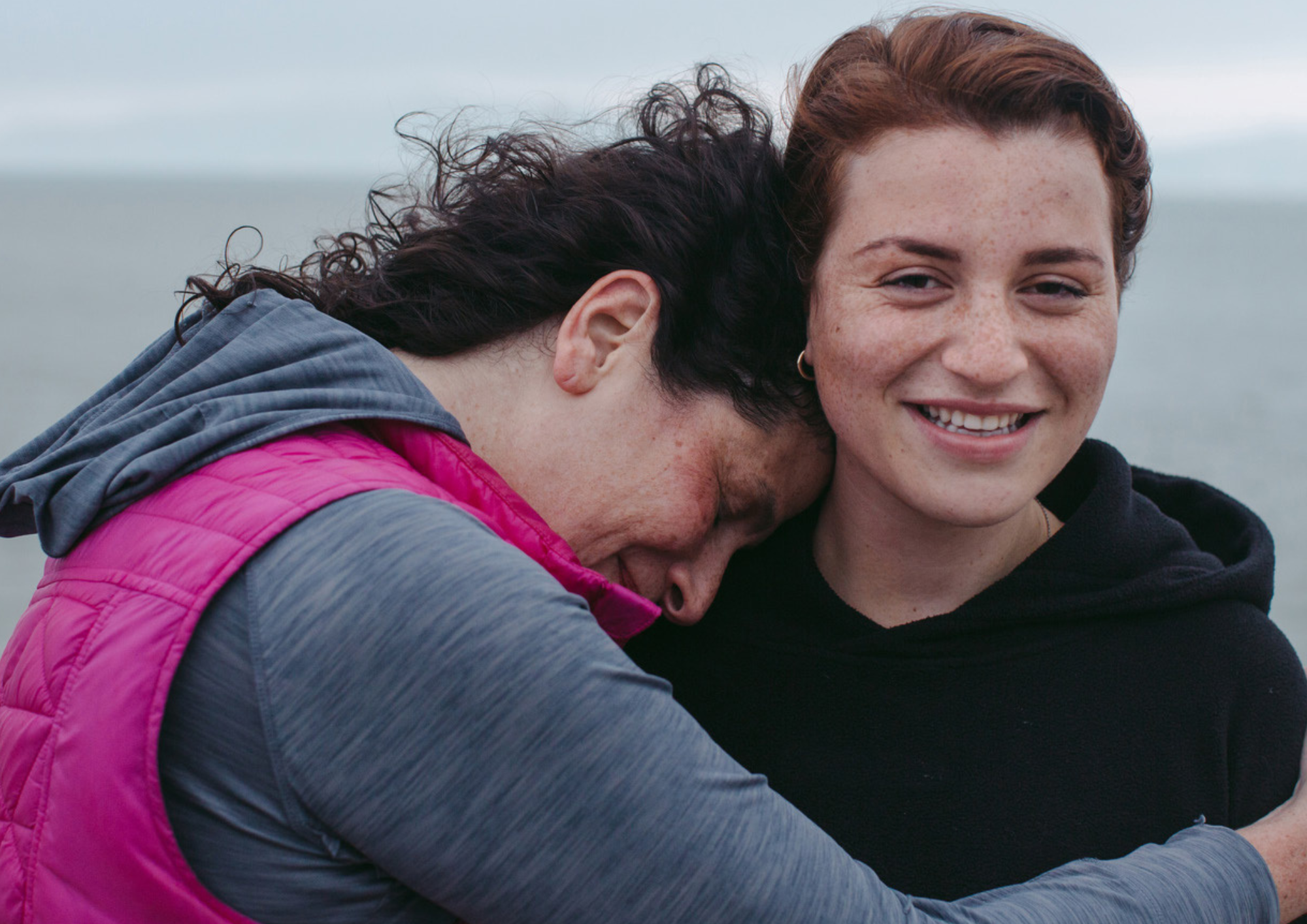
Advice for Family Members
Learn about LGBTQ+ identities and how to support a child who comes out.
Learn MoreTraining and Education
At Belong To we support professionals working with LGBTQ+ youth. Through training, we can equip you with the skills to understand what life is like for LGBTQ+ youth today and how you can meet their needs.
LGBTQ+ Quality Mark for Schools
Create an inclusive school environment with our LGBTQ+ Quality Mark accreditation initiative. Learn more about this 18-month journey towards inclusivitiy today!
Learn MoreTraining Opportunities
Training allows us to equip professionals, organisations and services to understand and meet the needs of LGBTQ+ youth.
Get Started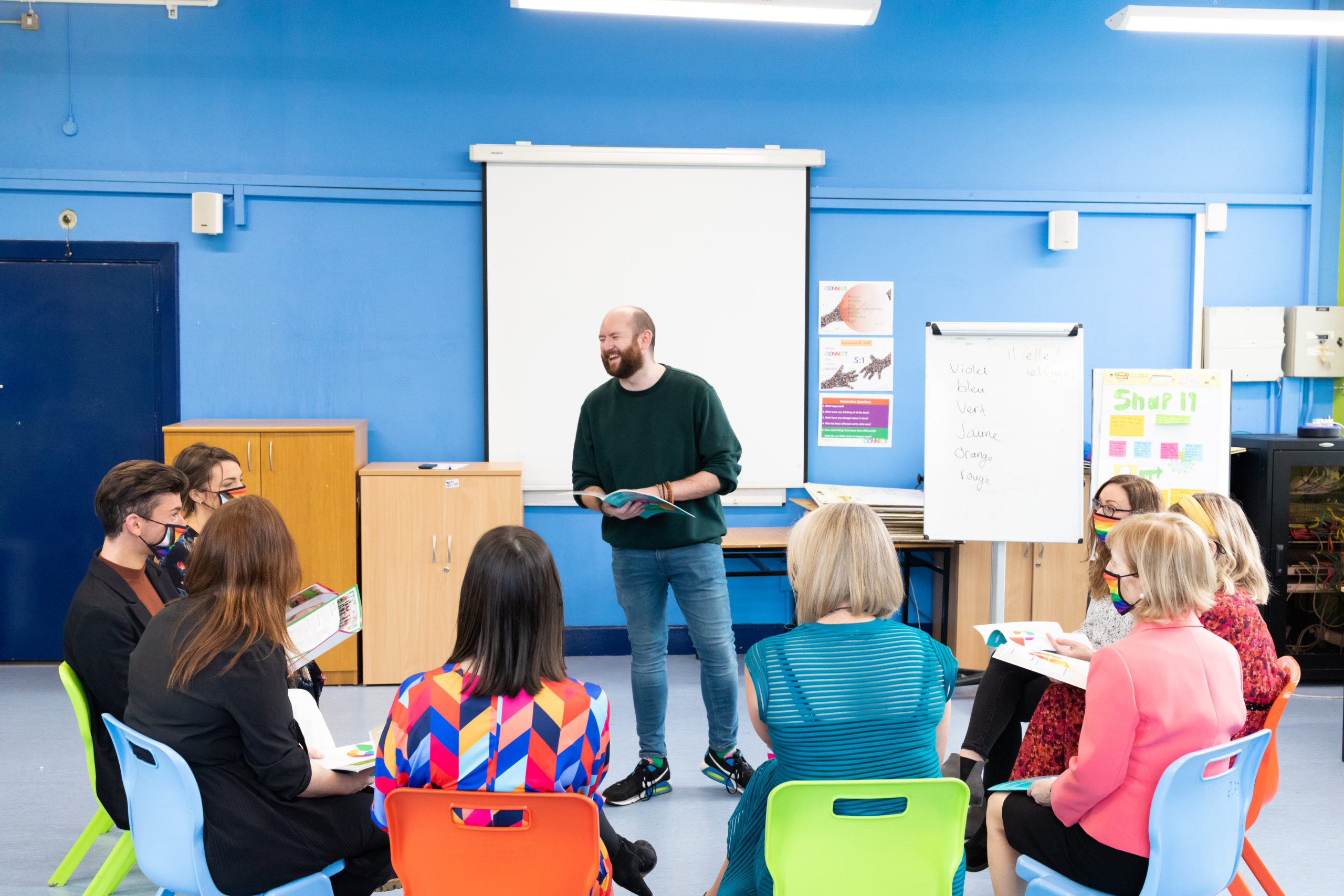
Support Our Work
By raising funds for Belong To, you can make a real difference in the lives of LGBTQ+ young people across Ireland. All of our work, from LGBTQ+ support services to empowering schools to be LGBTQ+ inclusive, would not be possible without our generous supporters. There are lots of ways that you can raise funds.
Volunteer with Us
Volunteering with Belong To is a great way to meet new people, develop your skill set, have fun, and contribute to making Ireland a place where all LGBTQ+ young people are equal, safe and thriving.
Sign Up Today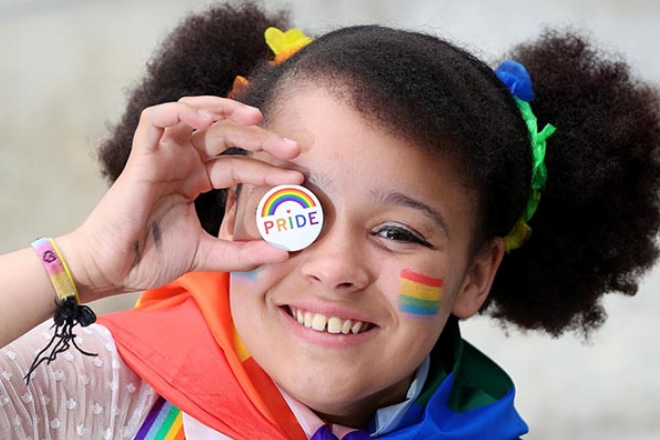
Make a Difference
Help us make a real difference in the lives of LGBTQ+ young people. Learn more about how you can raise funds to support our life-saving work.
Learn MoreCampaigning for Change
We raise awareness about the key issues facing LGBTQ+ youth through our communications and campaigns.
It’s Our Social Media
As part of the It’s Our Social Media campaign, young people across Ireland are coming together to stop the spread of anti-LGBTQ+ misinformation on social media.
Learn More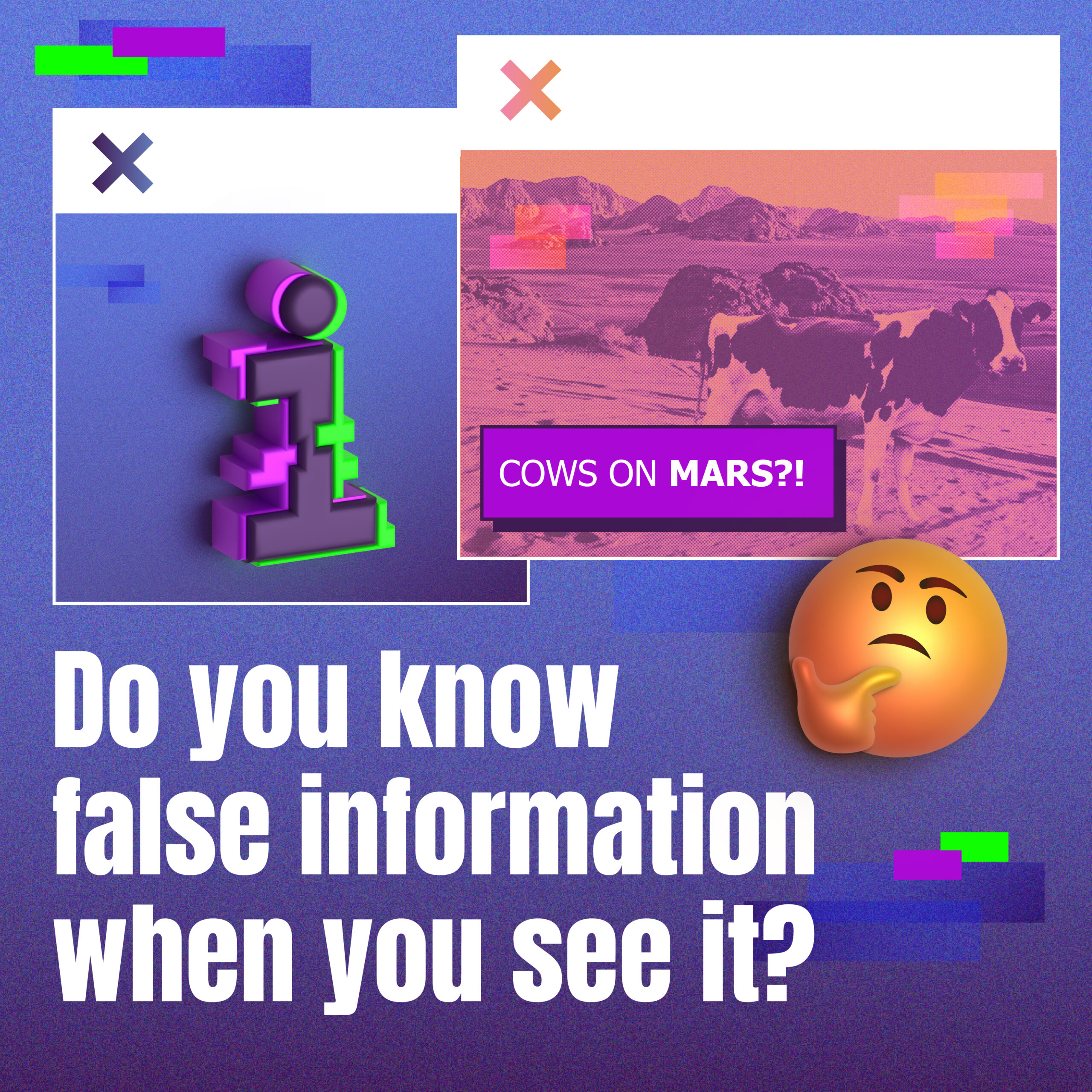
Stand Up Awareness Week
Every November, we coordinate Ireland’s biggest LGBTQ+ anti-bullying campaign taking place in schools, youth services and Youthreach centres.
Learn More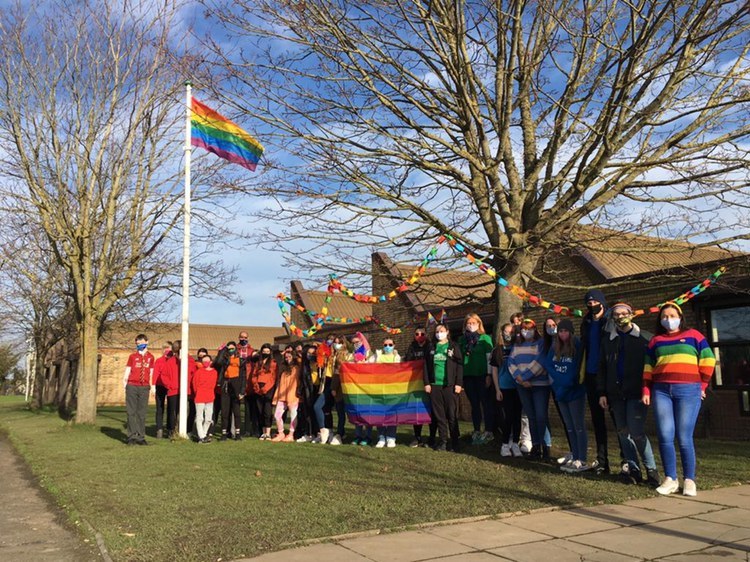
What’s new?
New research report highlights stark deterioration in mental health of LGBTQI+ people since 2016
-New report on mental health of LGBTQI+ people since 2016 published today by Trinity College Dublin and Belong To- Ireland’s young LGBTQI+ population are experiencing significant mental health challenges, according to a new report conducted by a team of researchers in Trinity College Dublin and published today (25.04.2024) in association with Belong To – LGBTQ+
… Read moreBelong To – LGBTQ+ Youth Ireland Statement in Response to the Cass Review
We all want a healthcare service that centres the safety and wellbeing of young people – no matter what we look like or how we identify. But for trans young people and their families, accessing healthcare is like knocking on a closed door, as here in Ireland, we currently have no healthcare service at all
… Read moreSchools across Ireland Awarded for LGBTQ+ Inclusion
37 Post-Primary Schools Complete Accreditation Programme For LGBTQ+ Safe and Supportive Schools Almost 40 schools across Ireland have been awarded the LGBTQ+ Quality Mark for their commitment to LGBTQ+ inclusion. These are the first schools to finish the 18-month journey to embed LGBTQ+ inclusion across their school community, policies and practices. The LGBTQ+ Quality Mark
… Read more
